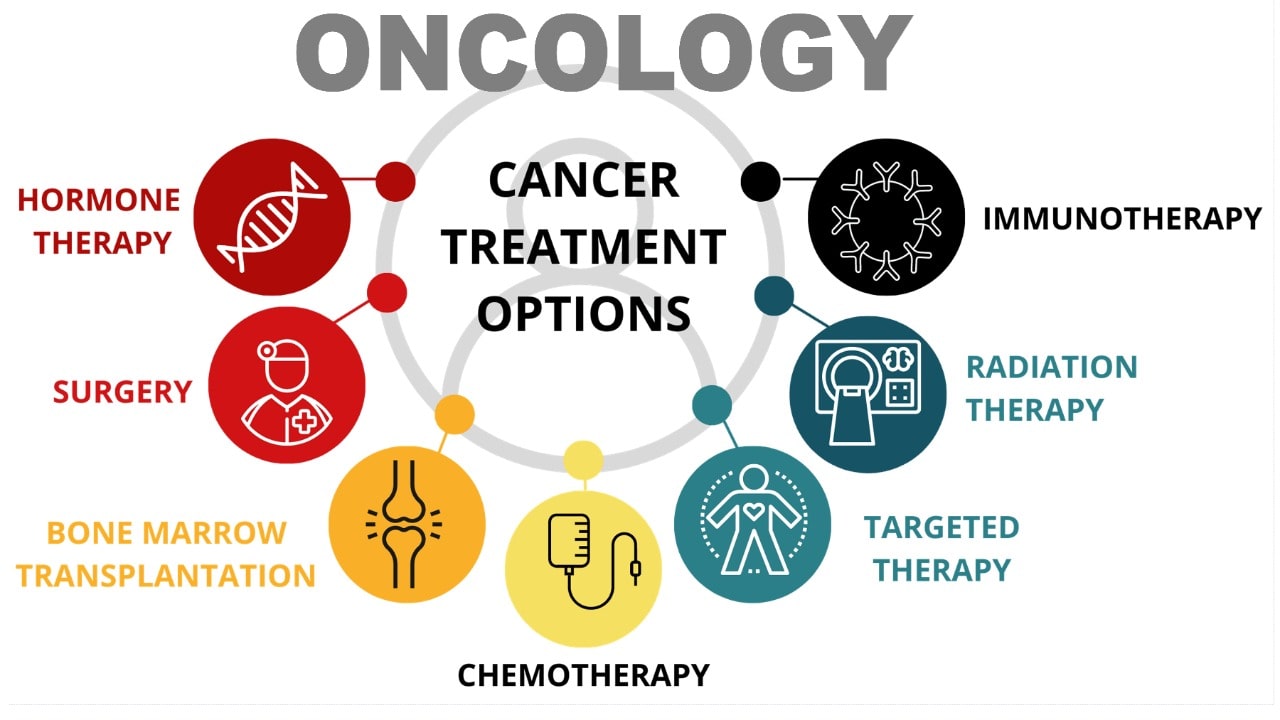Exploring Oncology: Navigating the Complexities of Cancer Treatment and Emerging Advances
Oncology, the branch of medicine dedicated to the study, diagnosis, and treatment of cancer, is a field that constantly evolves with advances in medical research. Understanding oncology is crucial not only for healthcare professionals but also for patients and their families as they navigate the complexities of cancer care. This blog aims to provide a comprehensive overview of oncology, highlighting key aspects of cancer treatment and the latest advancements in the field.
What is Oncology?
Oncology is derived from the Greek word "onkos" meaning mass or tumor, and "logy" meaning the study of. It encompasses the diagnosis, treatment, and prevention of cancer. An oncologist is a medical professional specializing in oncology, with sub-specialties including medical oncology, surgical oncology, and radiation oncology.
- Medical Oncology: Focuses on treating cancer with chemotherapy, targeted therapy, immunotherapy, and other medications.
- Surgical Oncology: Involves the surgical removal of tumors and cancerous tissues.
- Radiation Oncology: Utilizes high-energy radiation to destroy cancer cells and shrink tumors.
"Oncology focuses on diagnosing and treating cancer with a range of therapies. Ongoing research and innovation aim to enhance patient outcomes and quality of life."

Types of Cancer
Cancer is not a single disease but a collection of related diseases. There are more than 100 types of cancer, each classified by the type of cell that is initially affected.
Some of the most common types include:
- Carcinomas: Originating in the skin or tissues that line internal organs.
- Sarcomas: Developing in bone, cartilage, fat, muscle, or other connective tissues.
- Leukemias: Cancers of the blood-forming tissues, such as bone marrow.
- Lymphomas: Affecting the immune system, particularly the lymphatic system.
The Journey of Cancer Treatment
The journey of cancer treatment often begins with a diagnosis, which may involve various tests,
including imaging studies, biopsies, and blood tests. Once a diagnosis is confirmed, the
oncologist will work with the patient to develop a personalized treatment plan, which may
include one or more of the following:
- Surgery: The physical removal of cancerous tissue.
- Chemotherapy: The use of drugs to kill cancer cells or stop their growth.
- Radiation Therapy: The use of high-energy radiation to target and destroy cancer cells.
- Targeted Therapy: A type of treatment that targets specific genes or proteins that contribute to cancer growth.
- Immunotherapy: Harnesses the body's immune system to fight cancer.
- Hormone Therapy: Used in cancers that are sensitive to hormones, such as breast or prostate cancer.

Advances in Oncology
The field of oncology is rapidly advancing, with new treatments and technologies continually being developed. Some of the most exciting recent advancements include:
- Personalized Medicine: Tailoring treatments based on the genetic makeup of the patient's cancer.
- CAR T-Cell Therapy: A type of immunotherapy that modifies a patient's T cells to target and kill cancer cells.
- Liquid Biopsies: A non-invasive method for detecting cancer and monitoring treatment progress using a simple blood test.
- Artificial Intelligence (AI): Enhancing the accuracy of diagnosis and treatment planning through AI-driven algorithms.
The Future of Oncology
The future of oncology holds promise with ongoing research into new therapies, early detection methods, and preventative measures. The goal is not only to improve survival rates but also to enhance the quality of life for cancer patients. As precision medicine and technological advancements continue to evolve, the outlook for cancer care becomes increasingly hopeful.
Conclusion
Oncology is a dynamic and challenging field that plays a critical role in the fight against cancer. Through continued research, innovation, and a patient-centered approach, the future of oncology is poised to bring about significant advancements in cancer treatment and care. Understanding the basics of oncology can empower patients and their families to make informed decisions and navigate the complexities of cancer care with confidence.
Understanding Oncology: A Comprehensive Guide to Cancer Care